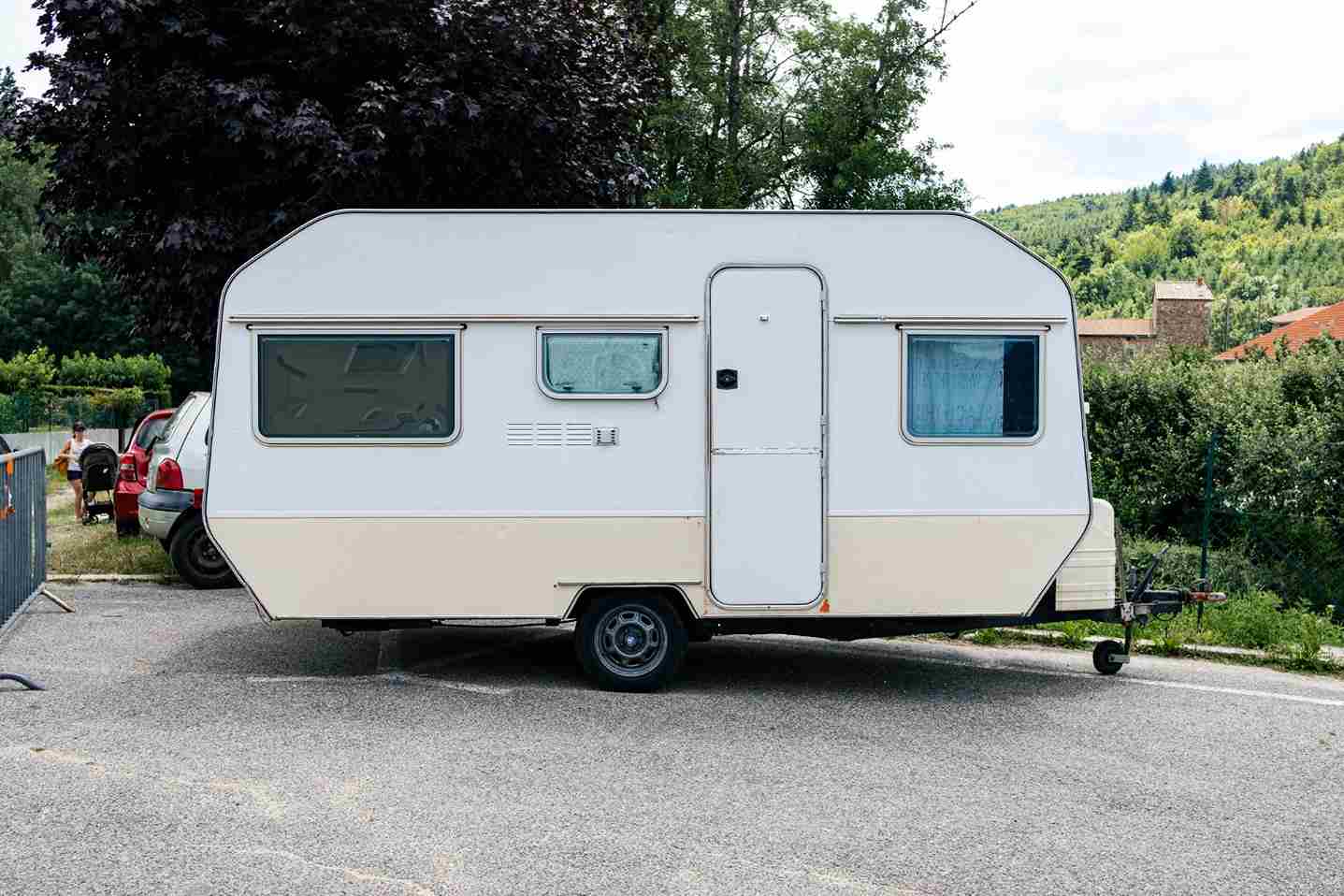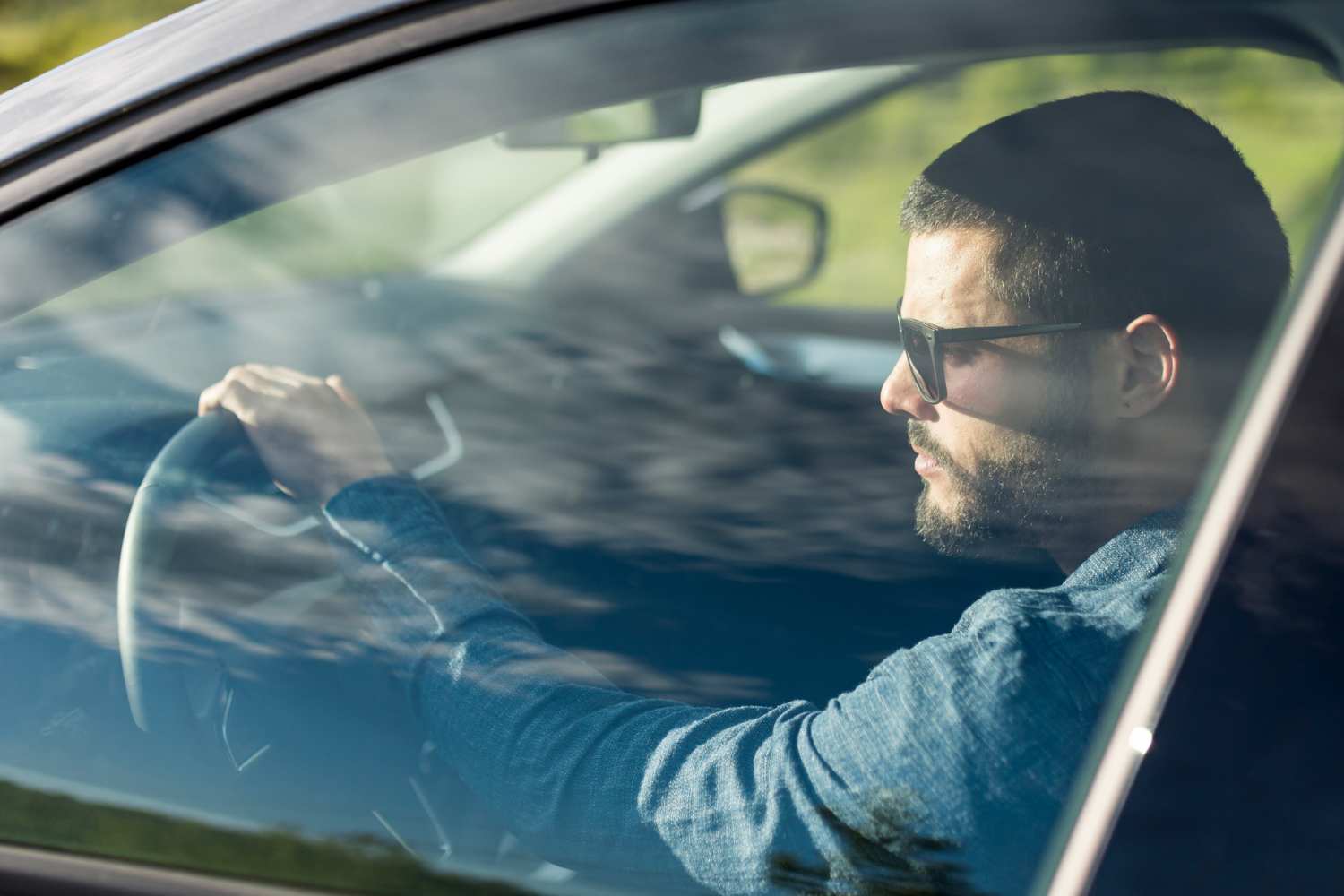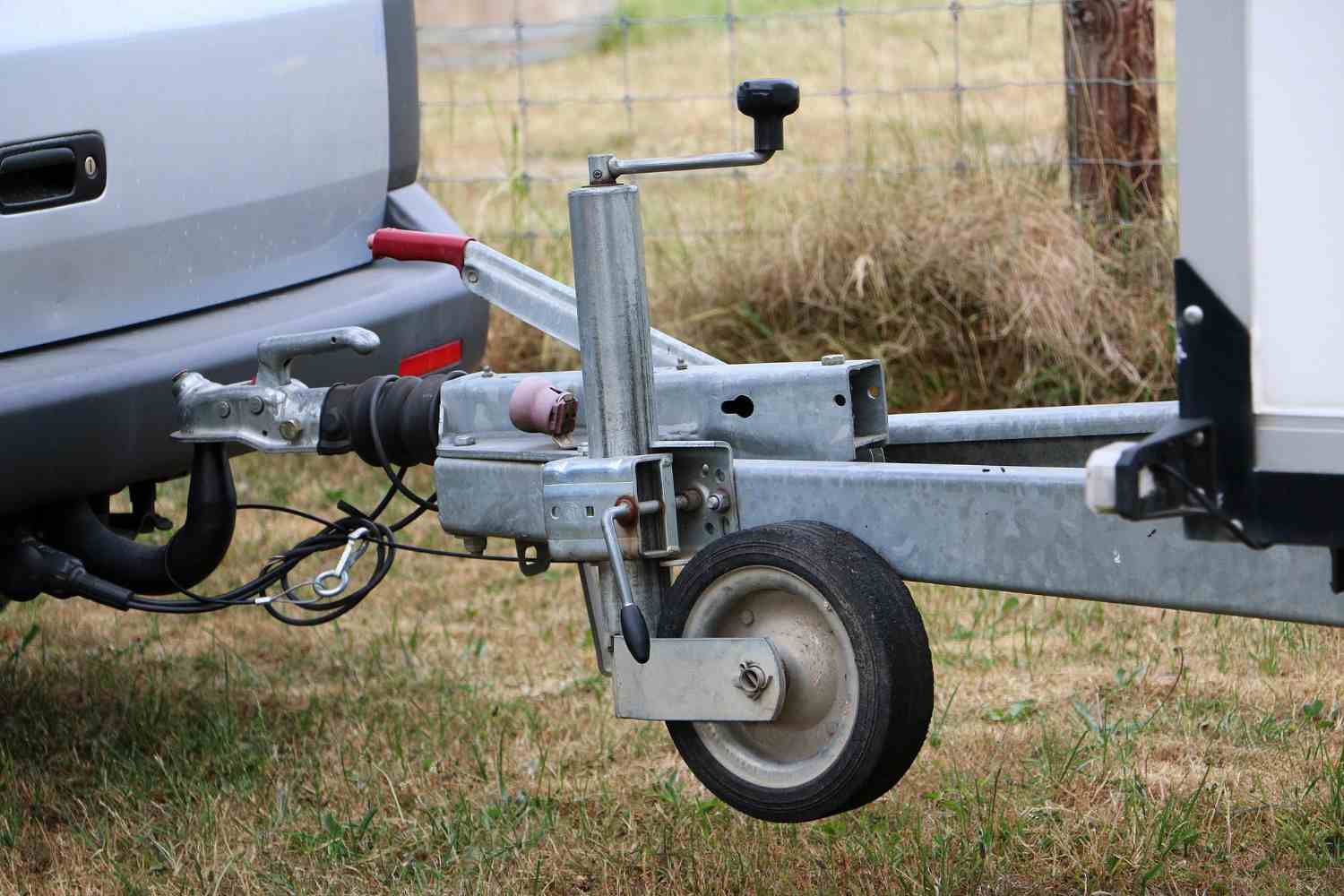Towing a trailer for the first time can be an intimidating experience, especially if you’ve never handled the extra weight and size behind your vehicle. But with the right preparation and knowledge, towing can become a smooth and safe experience. There are several important steps to take before you hitch up and hit the road, ensuring that you, your vehicle, and your trailer are all ready for the journey ahead.
In this blog, we’ll walk you through the essential things you should do before towing a trailer for the first time.
1. Check Your Vehicle’s Towing Capacity
Before anything else, you need to make sure that your vehicle is capable of towing the trailer. Every vehicle has a maximum towing capacity, which is the total weight it can safely pull. This information can usually be found in your vehicle’s owner’s manual or on the manufacturer’s website.
Why it’s important:
Overloading your vehicle can lead to poor handling, increased stopping distance, and even damage to the engine or transmission. It’s crucial to match your trailer’s weight (including cargo) with your vehicle’s capacity.
2. Ensure Proper Hitching
The hitch is the point where your trailer connects to your vehicle, and it’s vital that it is securely and correctly installed. Ensure that you’re using the correct type of hitch for your trailer’s weight and that it’s properly mounted to your vehicle.
Key steps:
Use the right ball size that matches your trailer coupler.
Make sure the hitch is secure and locked in place.
Attach the safety chains in a crisscross pattern under the trailer tongue to provide a backup in case the hitch fails.
3. Check the Trailer’s Weight Distribution
Proper weight distribution is essential for safe towing. Load the trailer so that about 60% of the weight is in the front half of the trailer, closer to the vehicle. This helps maintain stability and prevents swaying during the drive.
Why it matters:
If the weight isn’t distributed correctly, your trailer may sway or fishtail, making it harder to control and increasing the risk of accidents.

4. Inspect Tires and Brakes
Before towing, make sure both your vehicle’s and your trailer’s tires are in good condition. Check the tire pressure and ensure they are inflated to the manufacturer’s recommended levels. Additionally, if your trailer is equipped with brakes, verify that they are functioning properly.
Why this is critical:
Underinflated or worn-out tires can lead to blowouts, while faulty brakes can reduce your stopping power, especially when towing a heavy load.
5. Test the Lights and Electrical Connections
Trailers are required by law to have functioning brake lights, turn signals, and tail lights. Before towing, connect the trailer’s electrical system to your vehicle and test all the lights to ensure they are working properly.
How to check:
Connect the trailer plug to the vehicle’s electrical outlet.
Have someone stand behind the trailer to verify that the brake lights, turn signals, and running lights all function as expected.
6. Practice Driving with the Trailer
If it’s your first time towing, it’s a good idea to practice driving in a safe, open area, such as a parking lot, before hitting the road. Get used to how your vehicle handles with the added weight, especially when accelerating, braking, and turning.
What to focus on:
Turning: Trailers require wider turns. Practice turning corners to understand how much extra space you need.
Braking: It will take longer to stop when towing a trailer, so get used to braking earlier than you would without a trailer.
Reversing: Reversing with a trailer can be tricky. Practice backing up in a straight line and turning while in reverse.

7. Double-Check Mirrors and Blind Spots
Your vehicle’s standard mirrors might not provide adequate visibility when towing a trailer. If necessary, install towing mirrors that extend further out, allowing you to see alongside the trailer.
Why it’s needed:
Blind spots are much larger when towing, and having proper visibility is essential for safe lane changes and turns.
8. Know the Legal Requirements
Different regions have specific laws and regulations when it comes to towing. Make sure you’re familiar with the rules, including speed limits, weight restrictions, and trailer brake requirements in your area or wherever you plan to travel.
9. Plan Your Route Ahead of Time
When towing a trailer, certain roads, bridges, or tunnels may have restrictions based on the size and weight of your load. It’s a good idea to plan your route ahead of time, taking into account these potential restrictions.
10. Don’t Rush – Safety First
Towing a trailer requires more patience and focus than regular driving. Always allow extra time for your journey, maintaining a safe following distance and taking breaks as needed. Avoid sudden maneuvers, such as sharp turns or quick stops, and keep your speed within safe limits.
Conclusion
Towing a trailer for the first time doesn’t have to be stressful if you’re well-prepared. By ensuring your vehicle and trailer are in good condition, practicing driving techniques, and familiarizing yourself with towing laws, you’ll be ready for a safe and smooth experience. Take your time, stay calm, and soon you’ll be towing like a pro!

